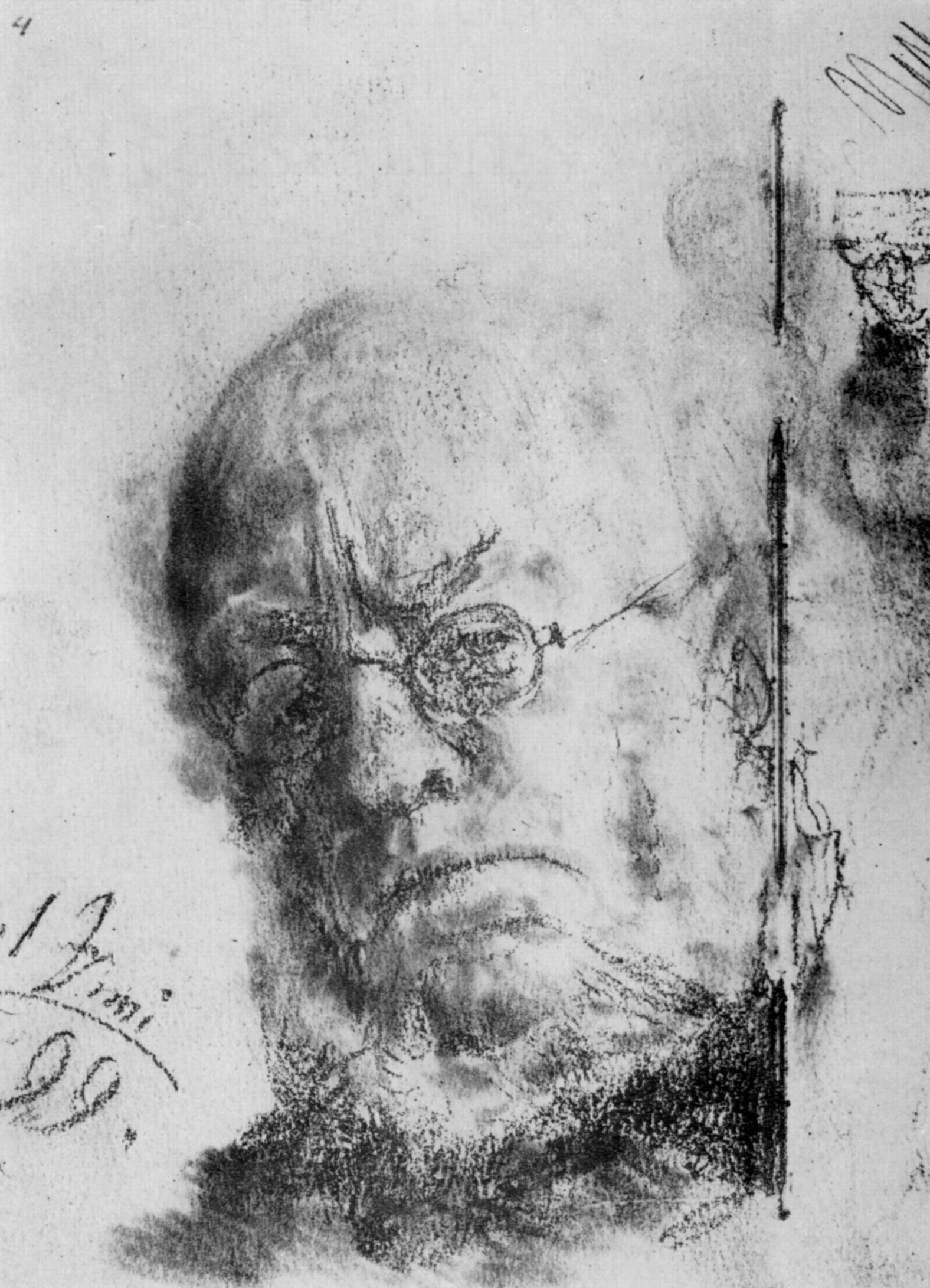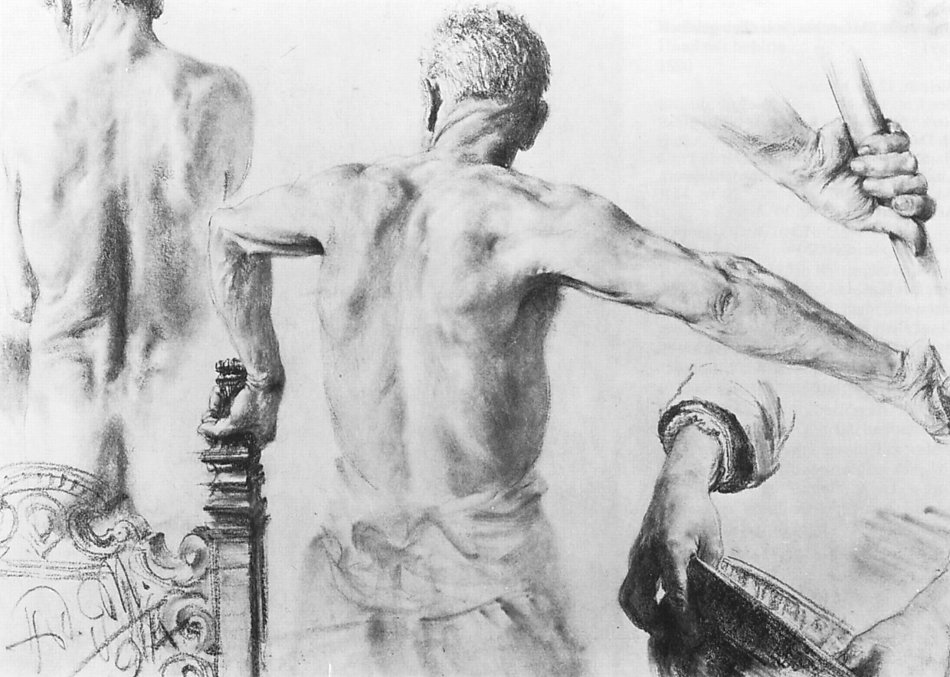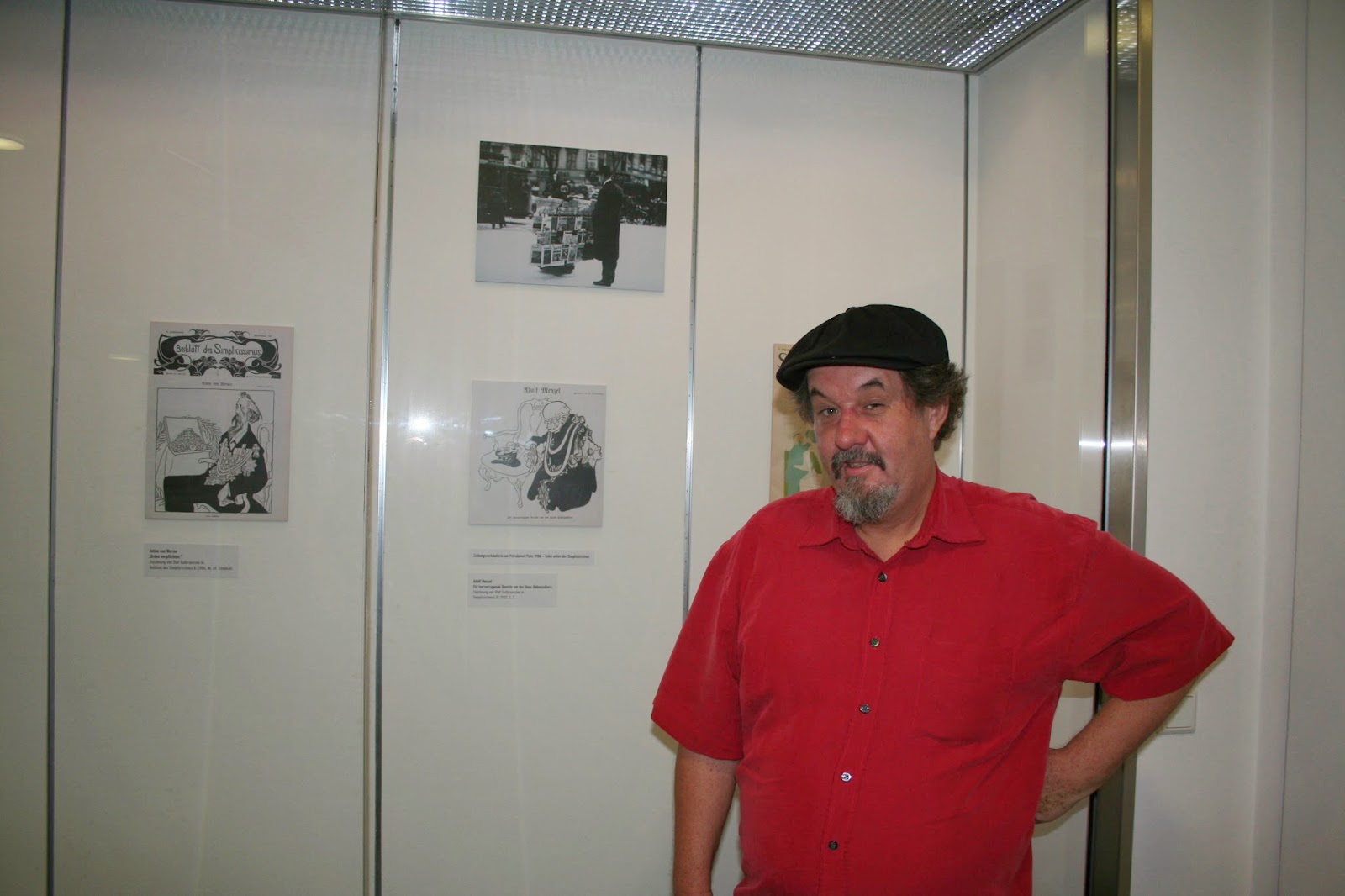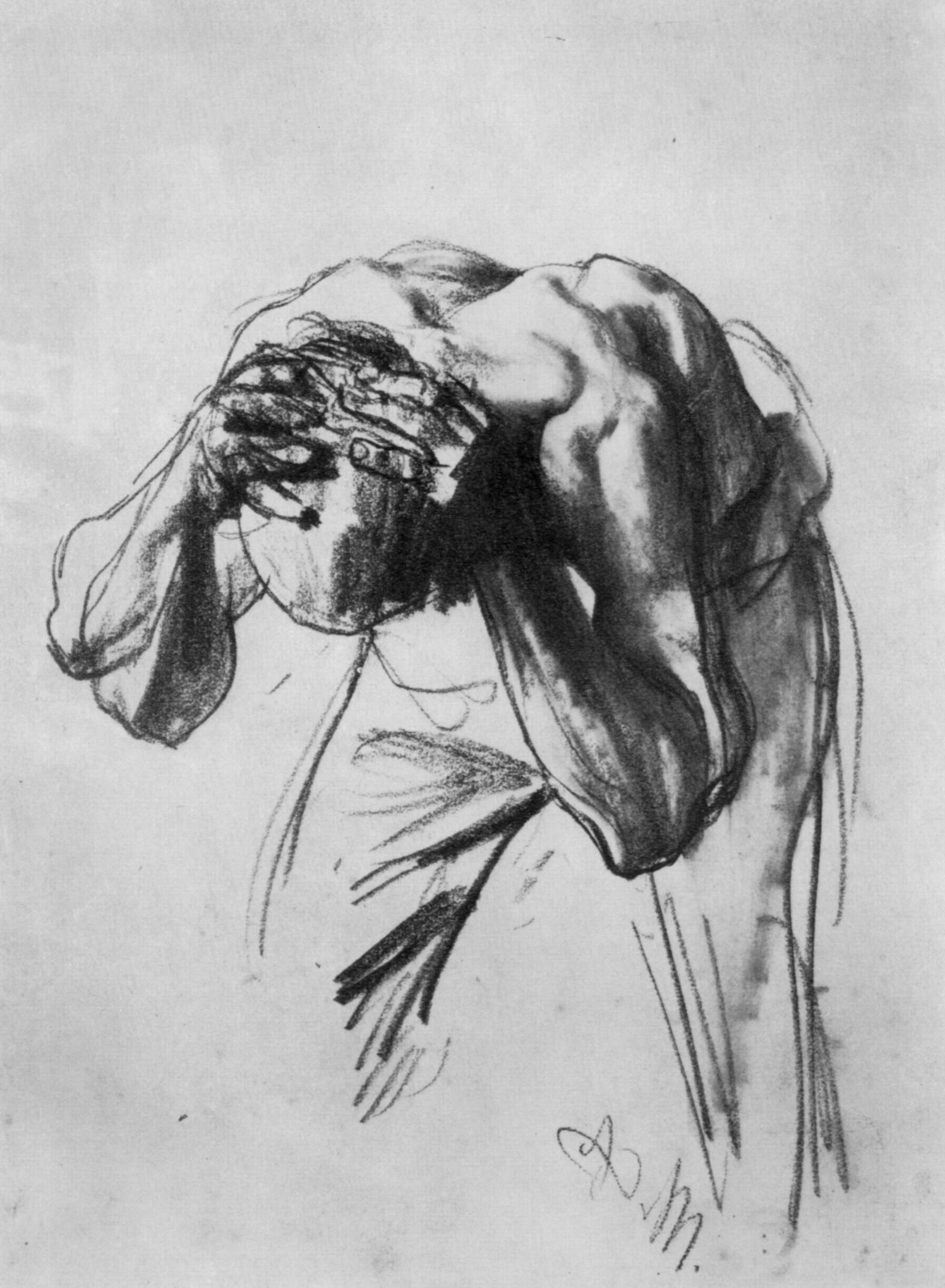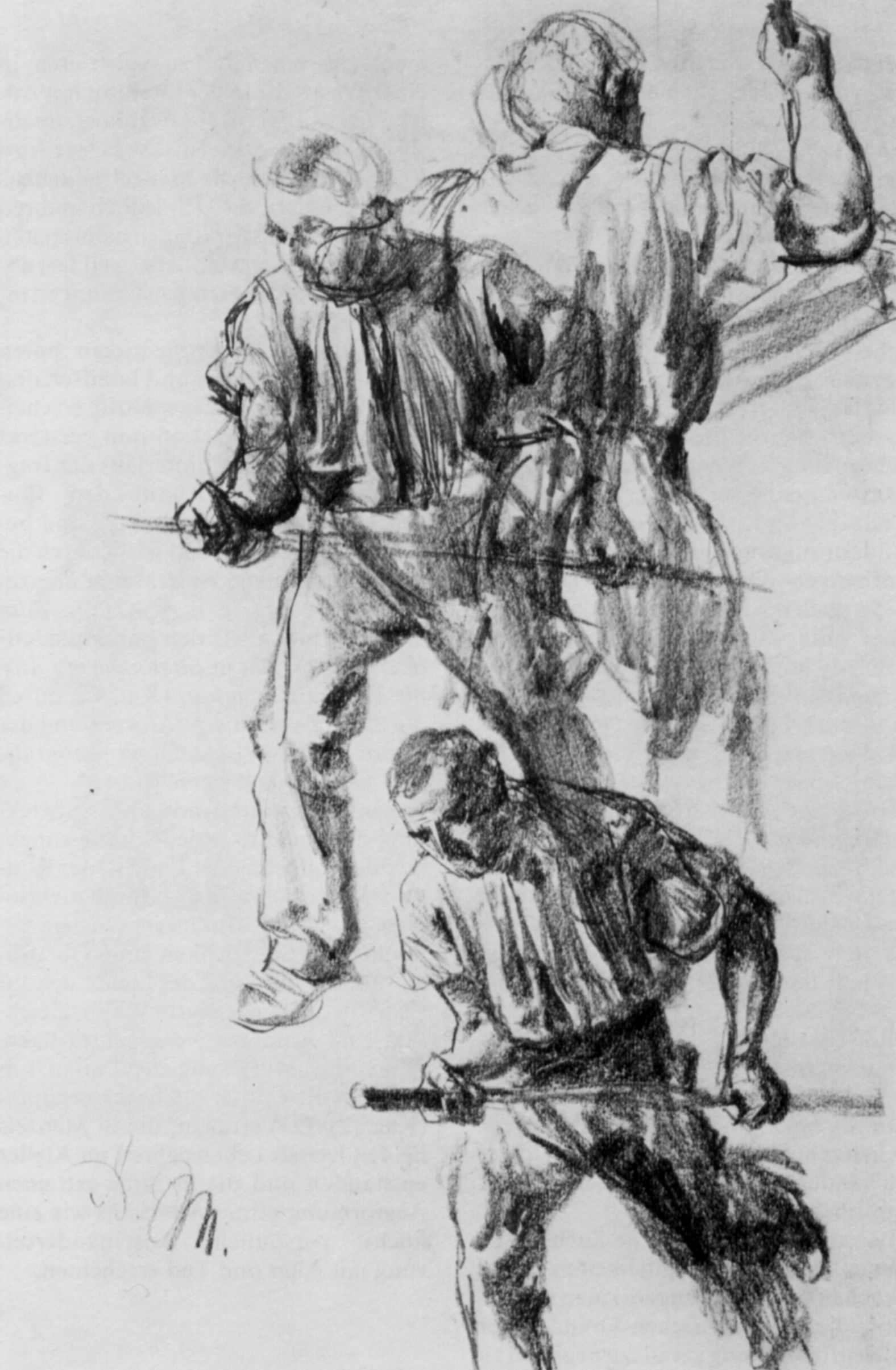the situation of the
asian elephant (elephas maximus) is a most precarious one:
on the most peopled continent with shrinking forest stands the population of elephants which are living in the wild is dramatically decreasing; the situation of the domesticated asian elephant doesn't look better.
Since the (fortunate) prohibition of wood harvest in Thailand many Working elephants became unemployed.
Tourism seems to be a solution for them, yet the situation in many
elephant camps is desastrous and should clearly be avoided.
I have been researching a lot on the issue before I decided last year to make a dream come true: to meet the biggest living terrestrial mammals close in their natural habitat and to learn more about the mahout-culture of the
Karen, an ethnic people of sino-tibetan origin which resides in Burma and the north of Thailand.
 |
| a close contact with living elephants...much more than only skin deep | |
|
Bodo Förster's
Elephant Special tours and the associated
Tong-Bai foundation do make a difference.
Different than in other camps the elephants of E.S.T. only work every second day, the camp is lying within deep forests where the elephants rest at night and during their days off. On the "working day" the guests of the camp are going in for a ride through the forests, accompanied by the Mahouts who stay with their elephants throughout the whole year.
The Tong Bai foundation is supporting E.S.T.'s efforts to breed the asian elephant and to provide a near to nature management for the elephants by helping to bridge financial and logistical challenges for the elephant-owners (most of them are Karen).
Thus two difficult lifespans of the elephant can be bridged that otherwise make it difficult for their owners: firstly the long pregnancy and childhood of elephants and secondly sickness and old age.
The mountaneous region at the foot of Thailands highest mountain
Doi Inthanon is pervaded by deep valleys with dense forests. Here do the Karen live, a so called "hill tribe" which has been an elephant people for centuries. Close to the Karen village Mae Sapok lie the two camps of E.S.T. and the area of the Tong-Bai foundation.
 |
| Mae Geo II and Roger Förster, Mae Geo was one of the first elephants Roger's father Bodo acquired. The elderly lady has seen terrible times, suffering from a bullet lodged in her front leg and being mistreated with glowing metal poles by her former owner she can now recover leading a life with extensive work and a secure place for her old age. | |
|
|
I was deeply moved by Bodo Förster's commitment and the brave move to combine a sort of eco-tourism with the aim to at least slow down the extinction process of the asian elephant that I decided to deepen my researches on elephants by going directly there and to stay with and sketch those amazing creatures and their Mahouts.
 |
| the "gentle giant" Pu Sii, the tallest elephant of the camp with a head height of 3,20 m. His tusks have been cut off close to their bases and sold, wether it was the former owner or thieves is not known. He thus suffers from a constant inflammation within his mouth and is otherwise a most stable and calm character. |
 |
| Mae Geo I, the matriarch of E.S.T.'s camp I and mother of Salia (8) and Jack (1 1/2) |
 |
| Mae Geo I and Mae Dou |
 |
| Salia, eight years old |
|
 |
| the cheeky elephant calf Jack, drawn by my 5 year old son Benny |
 |
| Silar, chief of the Mahouts |
|
 |
| Drawing the Mahouts of Mae Sapok |
 |
| Leo, Mahout of Mae Dou, the elephant lady that I was riding |
| |
 |
| Tilli Reuters of Elephant Special Tours |
|
 | |
| Roger Förster of Elephant Special Tours | | | | | | |
|
In the Geo-documentation broadcasted by ARTE "
Thailands Elefanten - raus aus der Stadt", a young unemployed Mahout is trying to find a new future for him and his elephant. The camp of Bodo Förster is portrayed in the Docu to show the possibilities a well thought through biased tourism can offer for the future of elephants in Thailand.
A thousand thanks to the Team of Elepahnt Special Tours, especially Dietmar Schramm, Roger Förster, Tilli Reuters and the mahouts of Mae Sapok Silar, Pakut, Doh, Chub, Leo, Filippin and Galamen!
If you consider to support the work of
Tong-Bai and
E.S.T. follow the highlighted links to learn more about possibilities to support their projects.




